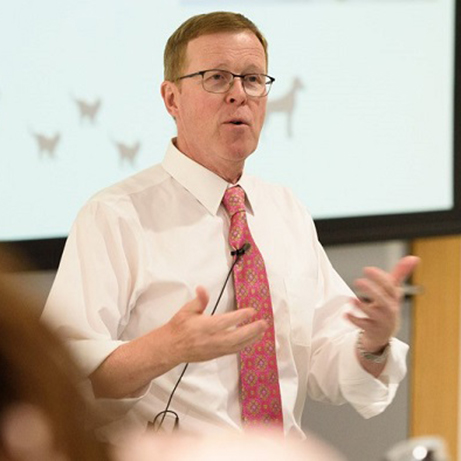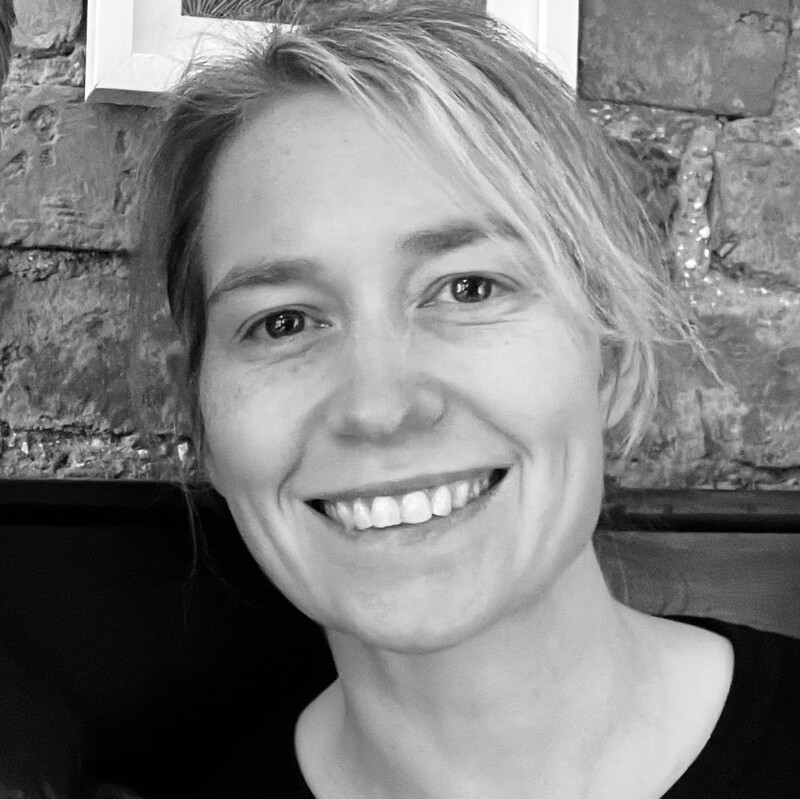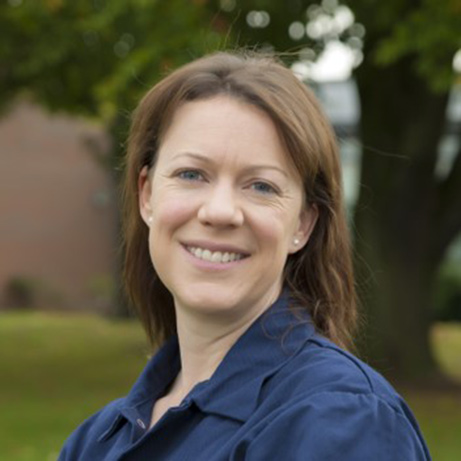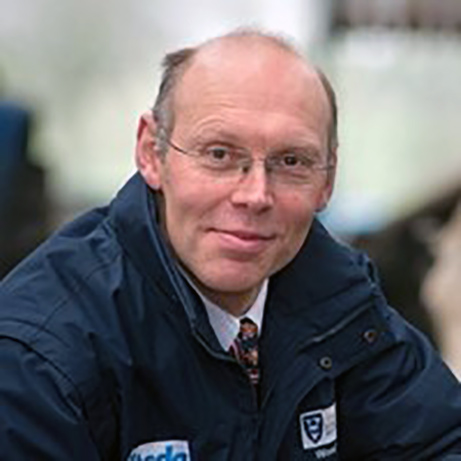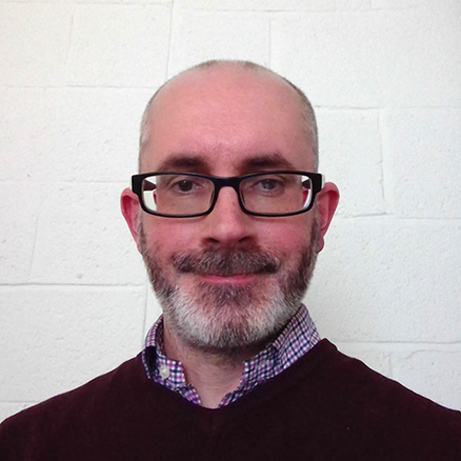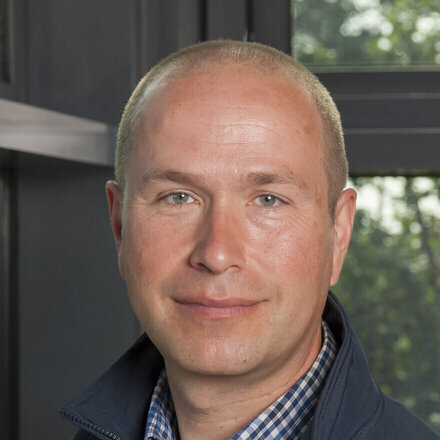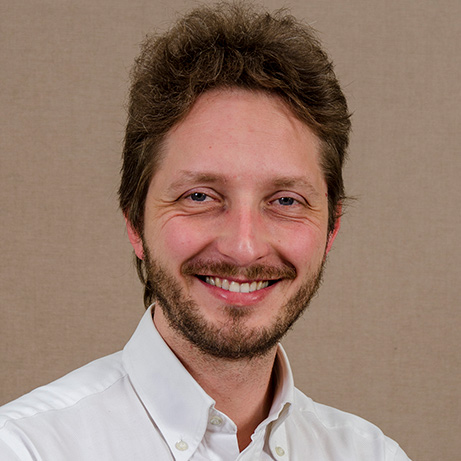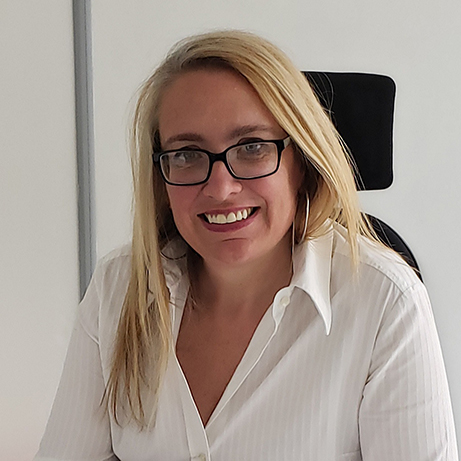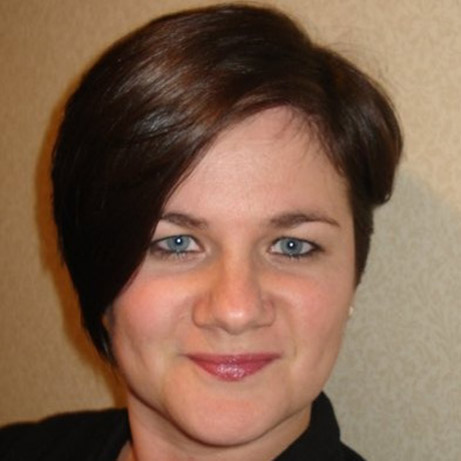Our mission is to advance the health and wellbeing of animals, people, and the environment through excellence and innovation in education, research, and clinical service.
Our vision is a a better future for animals.
Our goals
- Teaching: Prepare graduates with the knowledge, skills and resilience needed for lifelong career success and satisfaction
- Research and Impact: Generate nationally and internationally recognised research that improves the health, wellbeing and sustainability of animals, people and the environment and shapes the delivery of veterinary medicine and education
- Clinical Excellence: Provide outstanding veterinary care to our animal patients and their owners in an environment that fosters learning and clinical discovery, and models the broad spectrum of contemporary veterinary practice
- Culture and Community: Build an inclusive, respectful, and sustainable community of students and staff who are committed to one another’s success and wellbeing
- Institutional Excellence: Invest in the people, processes and infrastructure needed to advance excellence and sustainability in all that we do.
Our values
- We are one community
- We demonstrate professionalism and civility in all of our interactions
- We practice inclusivity and believe that diversity makes us stronger
- We believe that collaboration and open communication lead to better results
- We are committed the wellbeing and continuous learning of students and staff
- We incorporate sustainability across all aspects of our work.
Our strategic plan
Download the School of Veterinary Science Strategic plan (pdf, 193KB)
